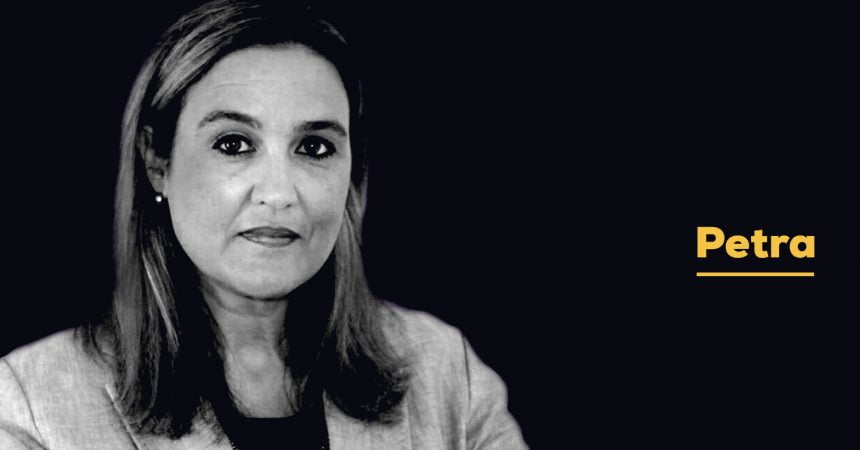A month ago, soon after Joseph Muscat announced his forthcoming resignation as Prime Minister, the Nationalist Party published a document with a set of 15 proposals. This received relatively little attention. It was drowned out by all the tension surrounding the launch of the Labour Party leadership campaign, street protests, and widespread anger or irritation that Muscat refused to go immediately.
The proposals were presented by Adrian Delia, as Opposition Leader. But the introduction of the document specifically notes that most of these ideas for reform were already presented by Simon Busuttil as PN leader in 2016. That in itself is quite a charged and telling point, I should think.
The proposals are valid, and merit far more attention. But given the current state of politics, the only hope for their implementation in the near future would be if the new prime minister takes them on board.
Over several weeks of campaigning, however, Chris Fearne and Robert Abela have been busy playing soundbites to appeal to the hard-core Labour Party membership, those 17,500 persons who will be voting in the next prime minister this Saturday. The rest of the country has little say in the matter.
One of the 15 points which did get some coverage is the PN’s proposal to wind down the television stations owned and run by the two major political parties – NET TV and One TV.
The idea is that the State should provide funding to enable civil society, social partners and investigative journalists to have a stronger voice in the media, as well as political parties. If State television is properly regulated, independent and inclusive (as it should be), then political parties would have no need for broadcasting licences in order to get their message across. The PN now wants to take this idea out for consultation and debate.
Both PL leadership candidates, Fearne and Abela, have already been asked for their opinion on this. In short, the suggestion to move away from party media was shot down. The only reason the PN want to close down their television station is because they can’t afford it, they smirked.
Actually, that is the perfect argument against political parties owning television stations. The power and influence of political parties should not blatantly depend upon financial clout.
The problem is not media ownership as such, but what this has led to – shamefaced manipulation of the news, biased stories and low standards of journalism. The two political television stations are big players, and their misleading or dishonest reporting makes independent journalists more isolated and vulnerable.
Malta is the only EU Member State that has this extent of partisan television station ownership. To make matters worse, the Broadcasting Authority which regulates television is dominated by the two major political parties too.
Another of the 15 proposals is to strengthen investigative and independent journalism. The State would provide funding for independent media houses that provide local news services. Proper training would be provided for young journalists. The Auditor General or some other independent body would be tasked with ensuring that the government advertising budget is distributed fairly, and used for information not propaganda.
Furthermore, the plan includes safeguards to ensure that all government contracts are published in their entirety. If this is not possible for national security or commercial reasons, a full copy should at least be available for viewing by members of parliament.
The proposals address the ways that the President of the Republic and the judiciary are appointed. They deal with employment of family members, positions of trust, codes of ethics, the appointment of chairpersons, and more. The law allowing backbencher MPs to serve in paid positions on government boards should be revoked.
Recent events have shown that the country’s institutions are not robust enough if a self-serving, crooked gang takes over government. A deep reform of the way in which our institutions work is needed, to strengthen them and avoid a similar situation ever happening again.
These proposals are even more important and relevant now than they were in 2016. People are tired and want change, not more of the same, and the country urgently needs a strong Opposition to push that change forward.












